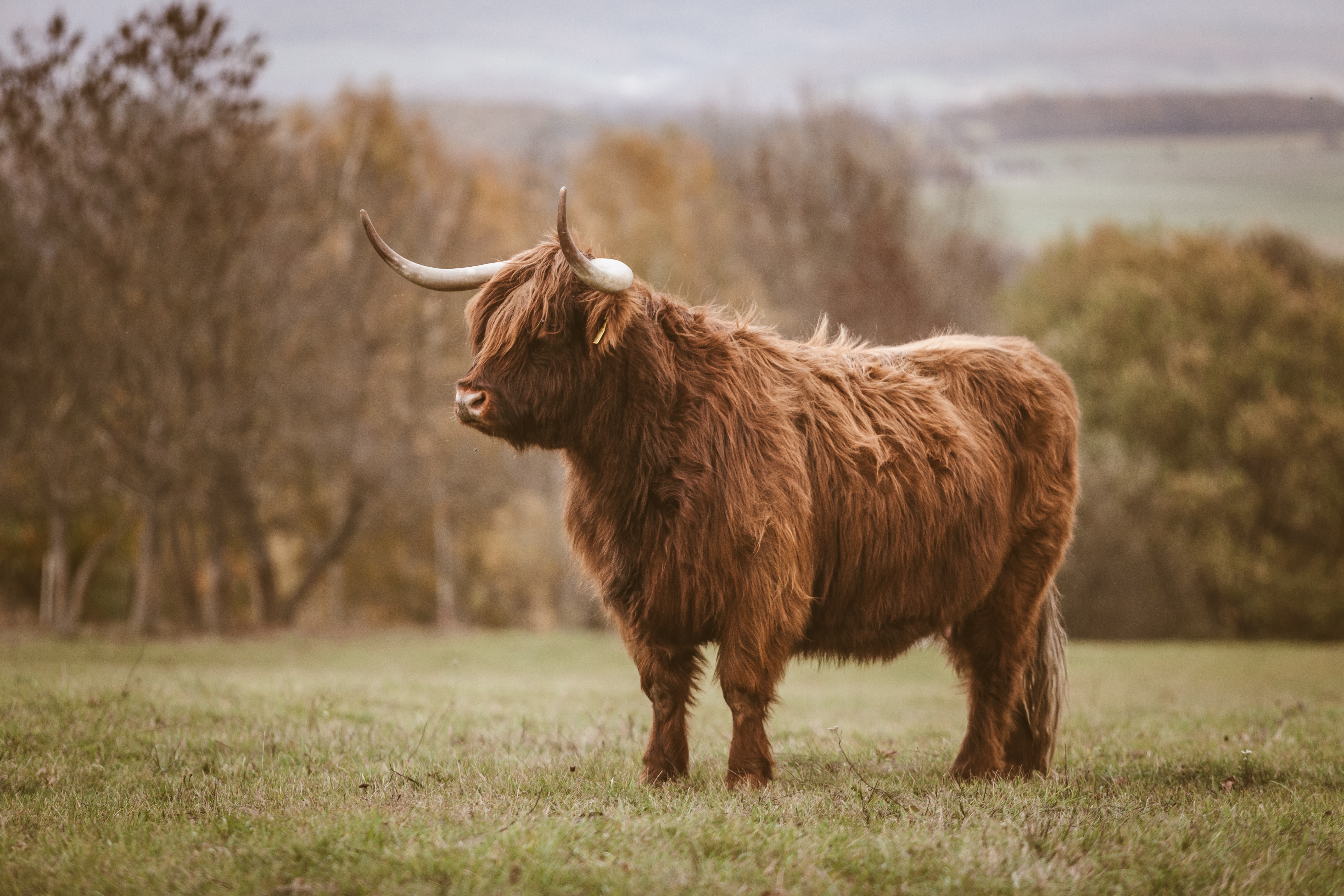Reasons to buy from Donald Russell...

For almost 50 years, Donald Russell has carefully selected the highest quality beef, lamb, pork and more to supply the world's top restaurants and luxury hotels, and are proud to deliver the same top-quality, great-tasting food direct to your door. Our British, grass-fed, melt-in-your-mouth steak and our commitment to quality have earned us over 380,000 five-star customer reviews and numerous industry awards. Free delivery on all orders over £50.

































